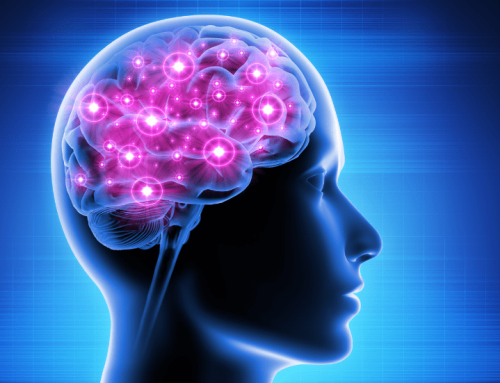The mechanisms of acupuncture and Chinese herbal medicine are often poorly understood in the West. This is partly due to poor translations and also the difficulty in finding appropriate and equivalent English words to express often nuanced Chinese concepts.
Since much of Chinese Medicine nomenclature is actually based on metaphors, empiricism, and observations over many centuries, it is often unrealistic and unfair to expect to be able to accurately translate these concepts into Western Medicine parlance. Some would argue that the model of Chinese Medicine justifiably can stand on its own without the need to be understood by a different medical model.
Poor translations are definitely problematic for at least 2 reasons. One is that they are inaccurate and a distortion of the original intent of the authors.
Secondly, poor translations of Chinese medicine concepts are often portrayed as esoteric, non-sensical, and unscientific. Understandably, a bias against Chinese medicine from a Western medical perspective often results.
In other words, Chinese Medicine undeservedly suffers from a bad rap and a marketing problem because it is often unintelligible to the Western mind.
Two words that are prime examples of poor translation contributing to the misunderstanding of Chinese Medicine are Qi (pronounced CHEE) and meridian.
People in the West often interpret Qi to mean “energy”. Qi does not mean energy. In the ancient texts, we find that there are at least 20 words that can be translated from the word Qi. None of them mean energy.
The correct translation of Qi is “vital air” which refers to life-giving oxygen that our circulatory systems distribute throughout the body to our organs and tissues. A fundamental physiological truth.
Meridian is another word associated with Traditional Medicine that is often misinterpreted to mean an invisible energy pathway or channel that traverses the surface of the body. However, in the original texts, meridians were described as something in the body that could be “seen, palpated, measured, and unblocked”. Healthy meridians were understood to be crucial for the distribution of “vital air” throughout the body and that good blood flow was vital for health. The meridians are what we would refer to today as the circulatory system comprising arteries and veins. Again, a fundamental physiological truth. The Chinese understood this concept of blood circulation 2,000 years before it was discovered in Europe.
As you can see, misinterpretations of just a few basic concepts in Chinese medicine can shroud the true nature of this time-tested system of healing.
Unfortunately, many colleges today are still teaching the energy/meridian model and many practitioners are not aware of the translation errors.






